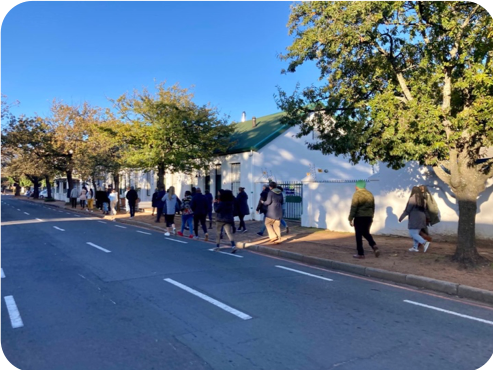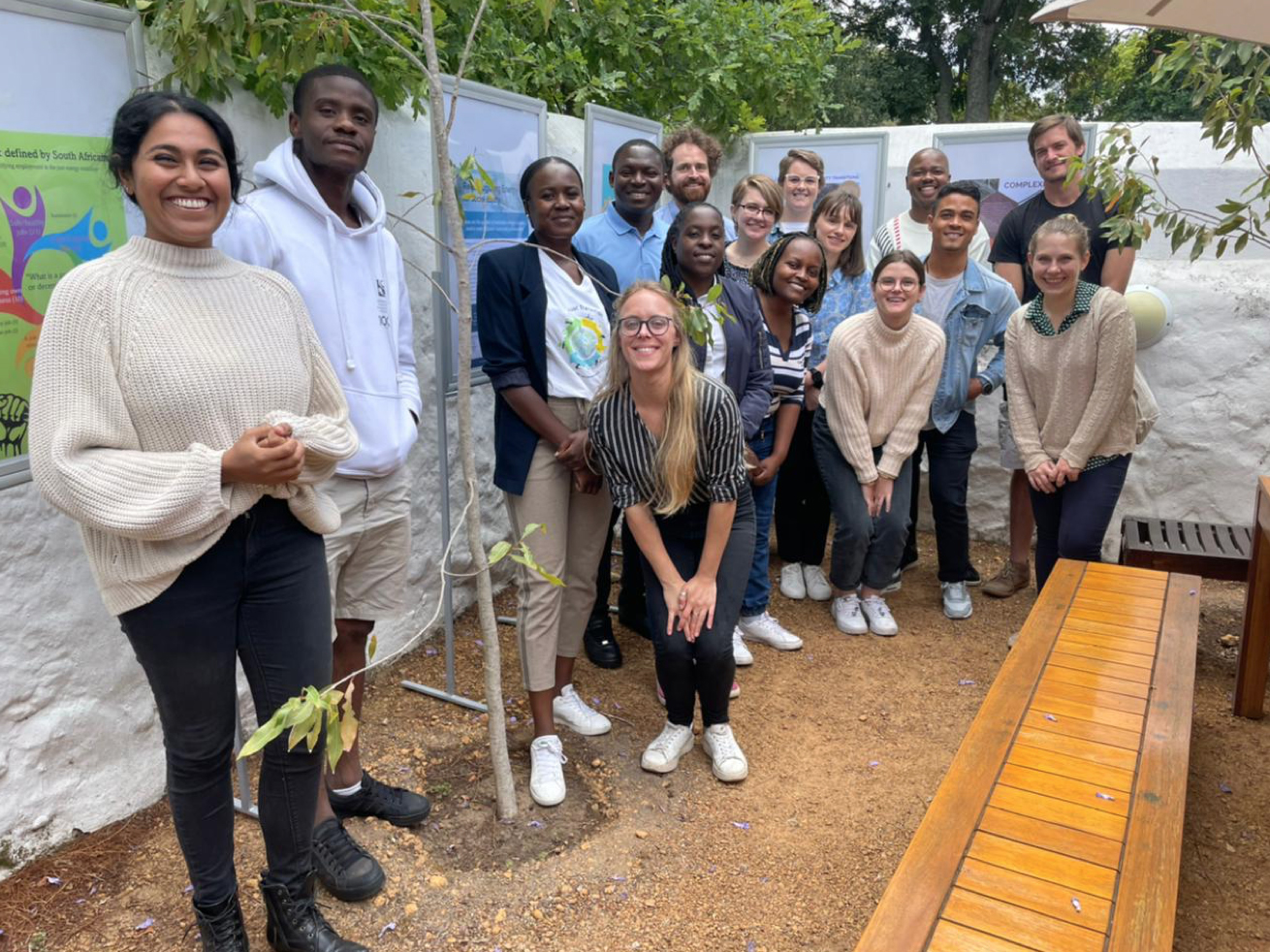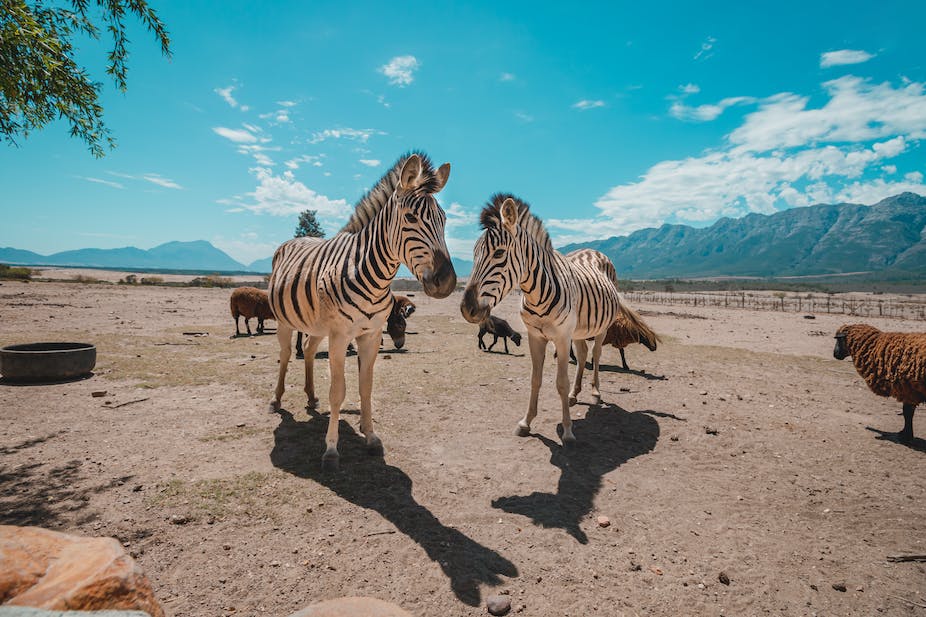Relational governance for sustainability transitions: insights from the PGDip in Sustainable Development
CST researcher Nina Callaghan offers her insightful reflections on the recently concluded Globalisation, Governance, and Development module, a significant component of the 2023 PGDip in Sustainable Development Programme.






